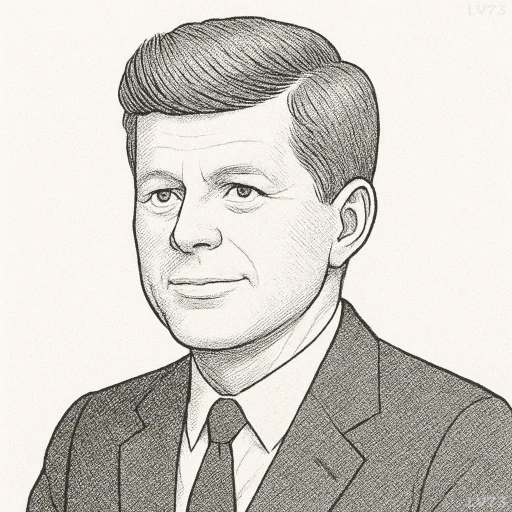“Modern cynics and skeptics… see no harm in paying those to whom they entrust the minds of their children a smaller wage than is paid to those to whom they entrust the care of their plumbing.”

- May 29, 1917 – November 22, 1963
- American
- Politician
table of contents
Quote
“Modern cynics and skeptics… see no harm in paying those to whom they entrust the minds of their children a smaller wage than is paid to those to whom they entrust the care of their plumbing.”
Explanation
In this biting critique, John F. Kennedy highlights a societal irony that persists in many modern economies: the underappreciation and undercompensation of educators compared to other professions. Kennedy points out that, while educators are entrusted with the crucial task of shaping young minds and preparing future generations for the challenges of the world, they are often paid less than workers in other fields, such as plumbing, that may seem, at least in the traditional sense, to be less intellectually demanding.
Kennedy’s words underscore a broader concern about values and priorities in society. He implies that this disparity in wages reflects an inversion of priorities, where intellectual and moral development—the very foundation of a nation’s future success—is undervalued, while more practical or immediately tangible jobs are rewarded more generously. The quote highlights the irony that society pays more for skilled trades than for the minds that will ultimately drive social and economic progress.
In the historical context of the 1960s, this critique was especially poignant, as Kennedy was advocating for educational reform and the advancement of knowledge as essential for the nation’s progress. His comment echoes the broader ethos of the civil rights movement and other social movements of the time, which sought to challenge and rectify inequities—whether in terms of economic opportunity, social justice, or educational access. Kennedy’s remark remains relevant today, as debates continue over issues like teacher pay, education funding, and the broader societal value of teaching professions. The comparison to plumbing also invites a reflection on how societal values shape what is considered important work, and how that, in turn, influences who gets paid what.
Would you like to share your impressions or related stories about this quote in the comments section?
